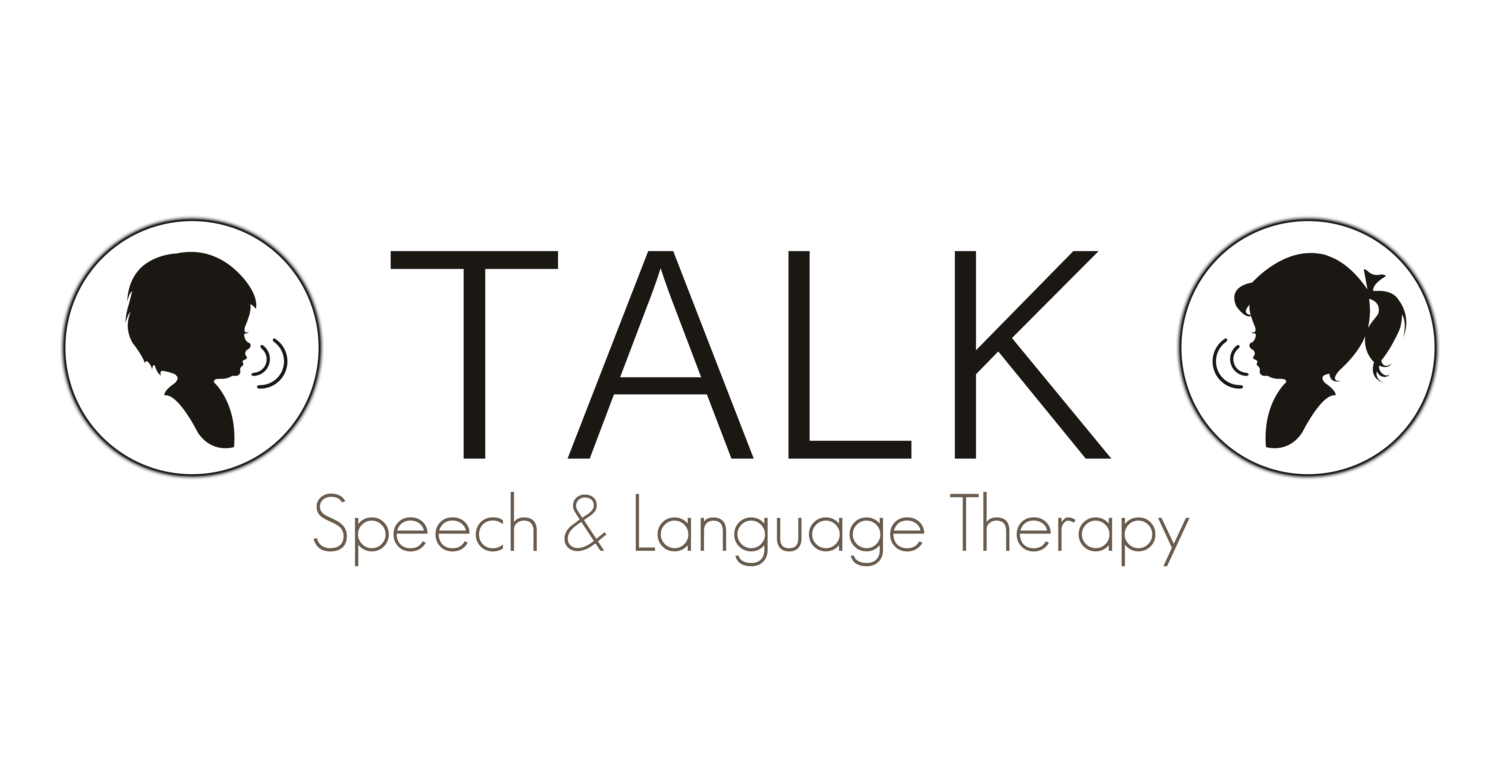FAQ
What is the difference between school speech therapy, private practice speech therapy in school and private speech in a clinic?
In order to receive speech/language therapy in their public school a child must qualify for services. In order to qualify, a student must meet state criteria on standardized speech and/or language testing. Additionally, the Speech-Language Pathologist (SLP) must document that the child's speech/language impairment is adversely impacting their learning in school. Many children with speech/language disorders do not qualify for school services.
If your child does qualify for school based services, they will most likely receive therapy in a group with other children. Private speech therapy is typically one-on-one, giving the child the undivided attention of the SLP and the opportunity for far more practice of their target skill(s). School Speech-Language Pathologists are excellent therapists, and they provide high quality treatment, but they must function within the confines of school regulations. The ultimate goal of school speech therapy is to help the child benefit from their education. The goal of private speech/language therapy is to help the child master their communication goals as quickly as possible. TALK goes one step further, adding the goal of helping parents understand their child's communication needs and providing parents with the strategies and activities they need to facilitate the acquisition and carry-over of their child's communication goals.
Additional differences relate to privacy, confidentiality, and time. Although school practitioners adhere to the highest level of confidentiality, it is still necessary for your child to be placed on an Individualized Education Plan (IEP) and pulled from class to attend therapy in a group setting. These factors make it impossible for others to not be aware of your child's therapy process. Some parents prefer private speech/language therapy because no one but the family and the therapist will know about it. Private therapy does not require that any paperwork be placed in your child's school records. The additional benefit of therapy with TALK is the added confidentiality measure of private therapy without the need to involve anyone outside your family.
Finally, you send your child to school so they can derive all possible benefit from their educational setting. When you enroll your child in speech therapy at their school it is necessary for them to be removed from class. This necessitates that your child miss some portion of instructional time. Teachers are wonderful and accommodating, but removal of students from class for "tutoring" and therapy has become a significant problem for them. All across Atlanta private schools are limiting the removal of students from classes because of the disruption it causes the students and faculty. TALK has found time and again that children progress much more quickly when parents bring them in to the clinic for scheduled therapy times. It allows the children to remain focused on their therapy objectives instead of wondering what they are missing in class (and which friends are walking by seeing them work with a therapist) and it allows the parents to be active participants in the therapy process. Speech therapy is a significant investment and TALK wants to maximize the return on investment for each family.
If I have my child evaluated do I have to get therapy?
No. You are never under any obligation with TALK for services. Following an initial evaluation we will make therapy recommendations. It will be up to each family to decide whether or not they wish to pursue speech/language therapy.
Does Talk accept insurance?
Talk does not bill directly to any insurance companies. However, we are happy to provide documentation of Speech and Language therapy services for you to submit to your insurance company or FSA for reimbursement.
How often will my child need speech therapy?
We will decide that together. The frequency of therapy is determined by the extent of the child's delay/disorder, their age and attention span, and what works with each family's schedule. The standard recommendation is two sessions per week. If a therapy schedule is not aggressive enough, progress will be slow. It is possible to reduce the amount of direct therapy time with the Speech-Language Pathologist if parents can consistently implement a home program.
How long will my child need speech therapy?
Each child is unique. The length of time a child will be in speech/language therapy will be determined by a number of factors including the severity of their disorder, the amount of therapy they receive each week and parent involvement in home programs and speech homework.
